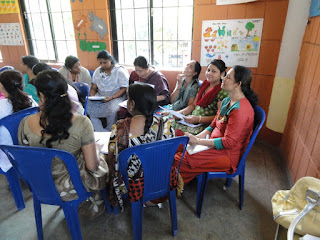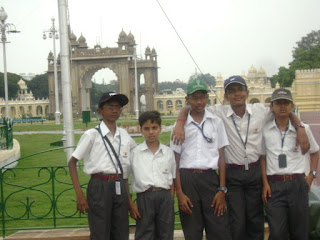Chemistry is a very interesting subject, but often
kids find the study of compounds, formulae and organic chemistry daunting.
However there is no magic formula to master chemistry, but by not getting
behind, doing your own work, and not stressing out it can become quite easy to
understand concepts and remember concepts. Here are some practices that kids
should incorporate to make the study of chemistry less taxing.
Don’t
procrastinate
This suggestion applies to any subject for that
matter. The more studying kids leave for the last minute the more difficult it
will be understand and cover portions.
The practice of putting-ff-until tomorrow become a habit since as kids
progress to higher classes there will be more to study. When studying Chemistry
kids need ample to time to understand and practice concepts like Balancing
equations, topics in Organic Chemistry and so on, and this is not possible if
they decide to open their book the night before an exam.
Try
flashcards
When it comes to learning formulae and such things
it would be a good idea to use flashcards. Even if kids cannot buy flashcards
they can make their own. Some of the
information gets learned while making the cards themselves and the rest while
actually studying with the cards. The advantage of using flash cards is that
kids can switch the order and study, something that text books don’t allow.
Highlight
while studying
Another good habit is to highlight important points.
But when using a highlighter kids must learn to use it judiciously. Most of the
important concepts are already in bold. Most teachers also mention key topics
to focus on tell students about questions that are likely to be asked, kids
should learn to highlight these kinds of things.
Make
mnemonic devices
At some point in school kids will be asked to
memorize a portion of the periodic table. This can be quite difficult if the
student is blindly trying to remember the names of elements. The best way to
make this easier is to take the first letters of words in sequence and make a
phrase out of it and this will make it easier to remember. These phrases don’t
necessarily have to make sense, as long as they are easy to remember and
recall.
By following these tips studying chemistry will
become a whole lot easier. Lawrence school ensures that teachers spend
sufficient time explaining concepts to students and also teachers try to make
the subject as engaging and interesting as possible so that student most of the
learning is done in class and students only have to revise after that. http://www.lawrenceschoolicse.in/






